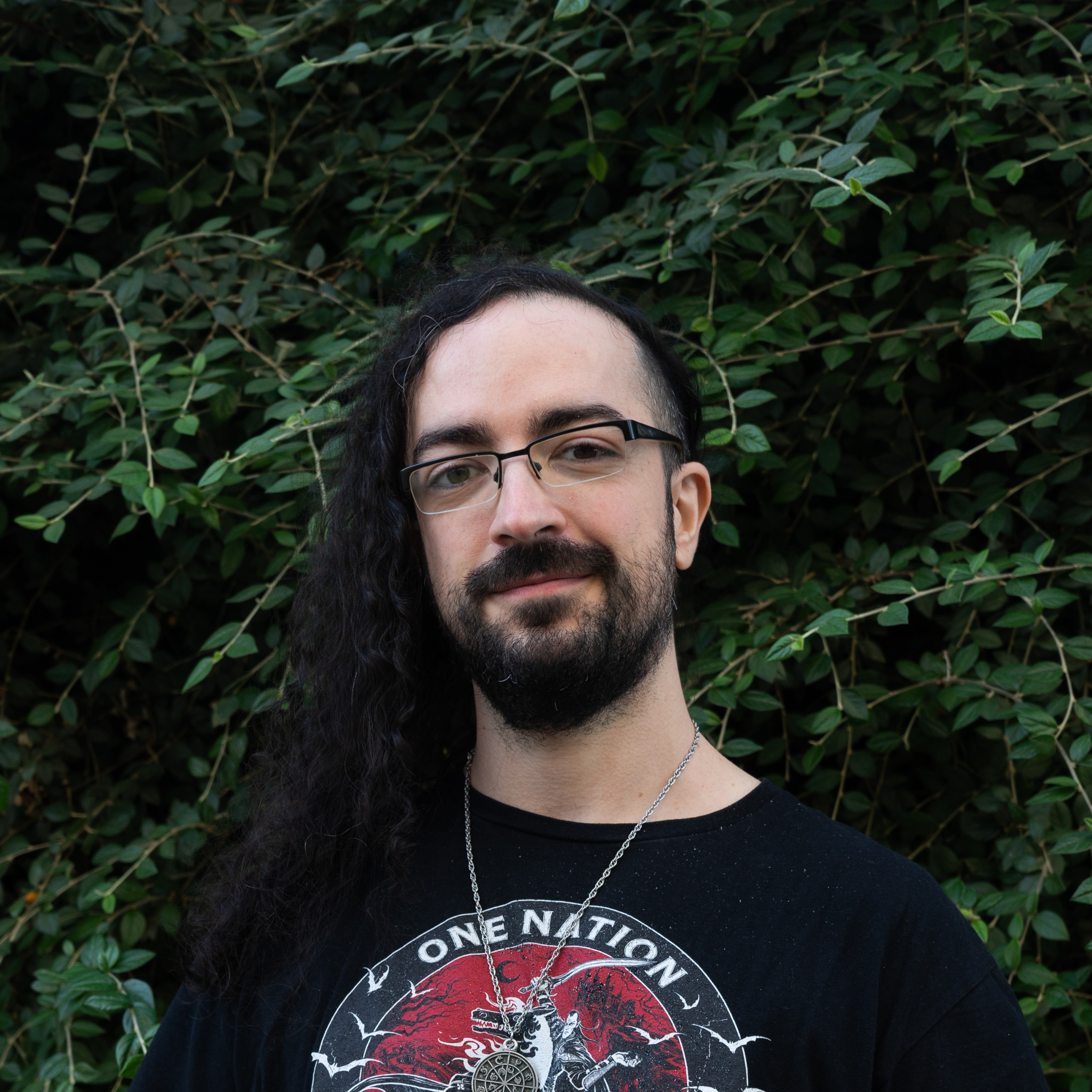Óscar joined VHIO’s Radiomics team in late 2024 as a postdoctoral researcher. His research is focused on leveraging large language models (LLMs) to extract and process information from clinical patient reports and integrate them into multimodal models that also combine CT imaging for patient-tailored prognostic assessments.
Scientific trajectory
In 2014, Óscar obtained his B.Sc. in Biotechnology from the University of Oviedo, where he developed an interest in bioinformatics. He pursued that interest and in 2017 finished his M.Sc. in Bioinformatics in Wageningen University & Research, where he specialized in machine learning. Later that year, he joined the Rostlab at the Technical University of Munich (TUM), applying machine learning techniques to proteomics. His transition to medical imaging came in 2018 through the Artificial Intelligence and Radiomics group in the Department of Radiation Oncology at TUM, where he worked as a research assistant on machine learning and deep learning applications in precision oncology, in preparation for his PhD.
Awarded a DFG doctoral fellowship, Óscar pursued his PhD in collaboration with TUM and Johannes Gutenberg University Mainz (JGU), developing AI tools for medical imaging diagnostics and prognosis, which he finished in early 2025. His doctoral work spanned projects on MRI-based lipomatous tumors classification, CT-based treatment response prediction in bone metastases, CT-based radiotherapy toxicity modeling for breast cancer, MRI-based longitudinal radiomics prognosis in Ewing sarcomas. Other previous works included the automatic segmentation of anal squamous cell carcinoma tumors, and the analysis of single amino acid variants in helical transmembrane proteins, known factors for cancer and cardiomyopathy development.
Contact and links
Relevant publications
Zaucha, J.; Heinzinger, M.; Kulandaisamy, A.; Kataka, E.; Salvádor, Ó.L.; Popov, P.; Rost, B.; Gromiha, M.M.; Zhorov, B.S.; Frishman, D. Mutations in Transmembrane Proteins: Diseases, Evolutionary Insights, Prediction and Comparison with Globular Proteins. Brief Bioinform 2021, 22, bbaa132, doi:10.1093/bib/bbaa132.
Foreman, S.C.; Llorián-Salvador, O.; David, D.E.; Rösner, V.K.N.; Rischewski, J.F.; Feuerriegel, G.C.; Kramp, D.W.; Luiken, I.; Lohse, A.-K.; Kiefer, J.; et al. Development and Evaluation of MR-Based Radiogenomic Models to Differentiate Atypical Lipomatous Tumors from Lipomas. Cancers 2023, 15, 2150, doi:10.3390/cancers15072150.
Llorián-Salvador, Ó.; Akhgar, J.; Pigorsch, S.; Borm, K.; Münch, S.; Bernhardt, D.; Rost, B.; Andrade-Navarro, M.A.; Combs, S.E.; Peeken, J.C. The Importance of Planning CT-Based Imaging Features for Machine Learning-Based Prediction of Pain Response. Sci Rep 2023, 13, 17427, doi:10.1038/s41598-023-43768-6.
Llorián-Salvador, Ó.; Windeler, N.; Martin, N.; Etzel, L.; Andrade-Navarro, M.A.; Bernhardt, D.; Rost, B.; Borm, K.J.; Combs, S.E.; Duma, M.N.; et al. CT-Based Radiomics for Predicting Breast Cancer Radiotherapy Side Effects. Sci Rep 2024, 14, 1–9, doi:10.1038/s41598-024-70723-w.
Erdur, A.C.; Rusche, D.; Scholz, D.; Kiechle, J.; Fischer, S.; Llorián-Salvador, Ó.; Buchner, J.A.; Nguyen, M.Q.; Etzel, L.; Weidner, J.; et al. Deep Learning for Autosegmentation for Radiotherapy Treatment Planning: State-of-the-Art and Novel Perspectives. Strahlenther Onkol 2024, doi:10.1007/s00066-024-02262-2.


